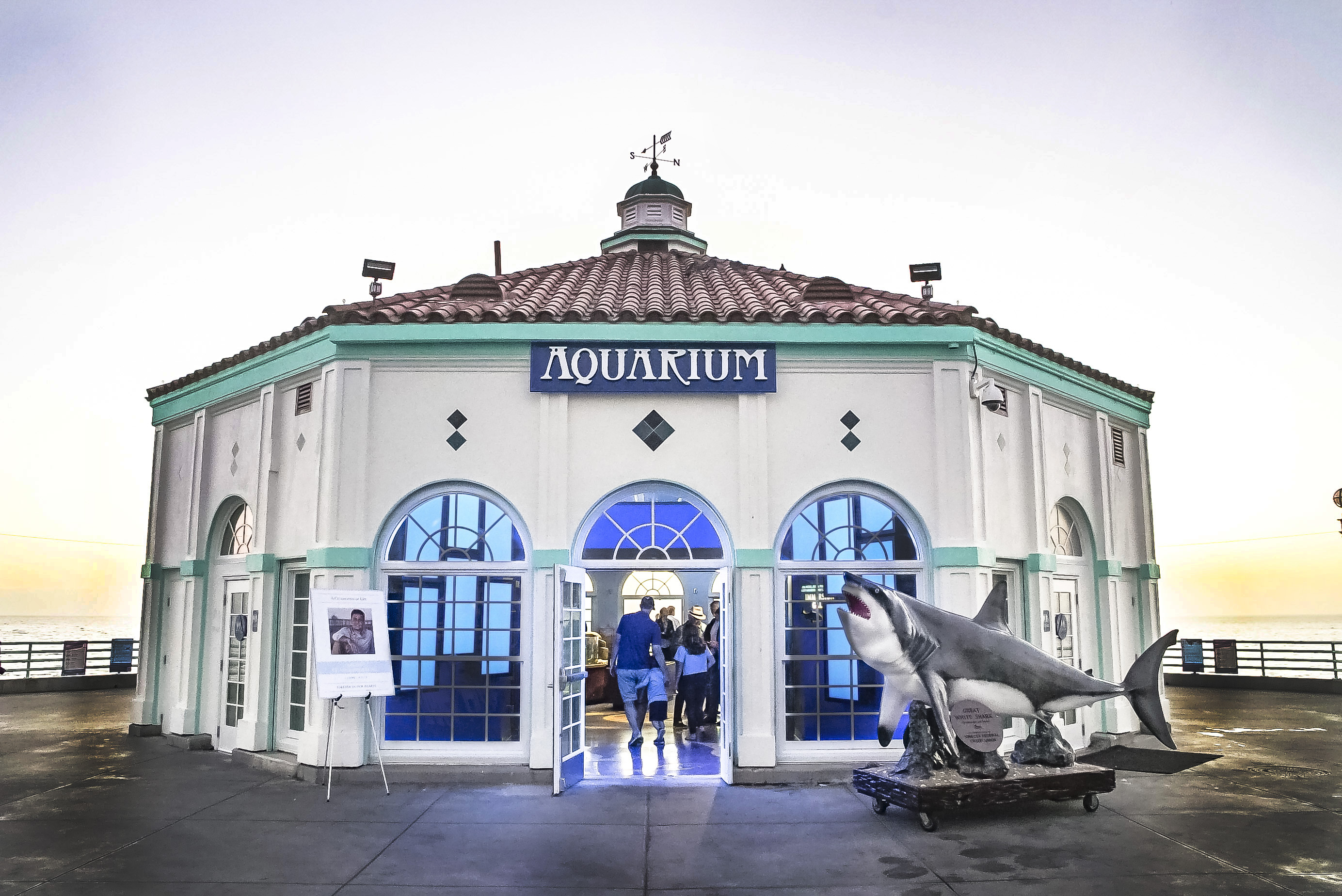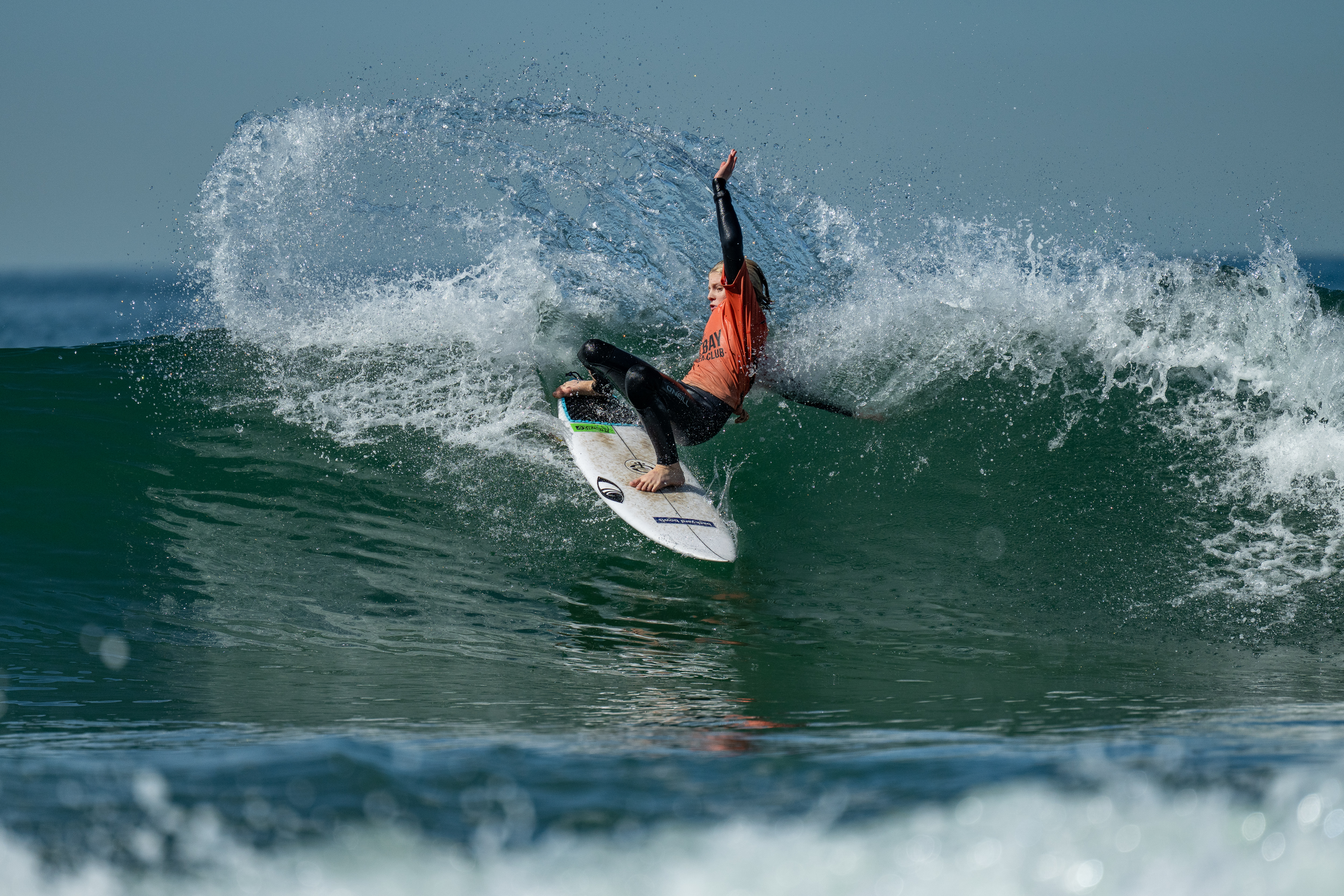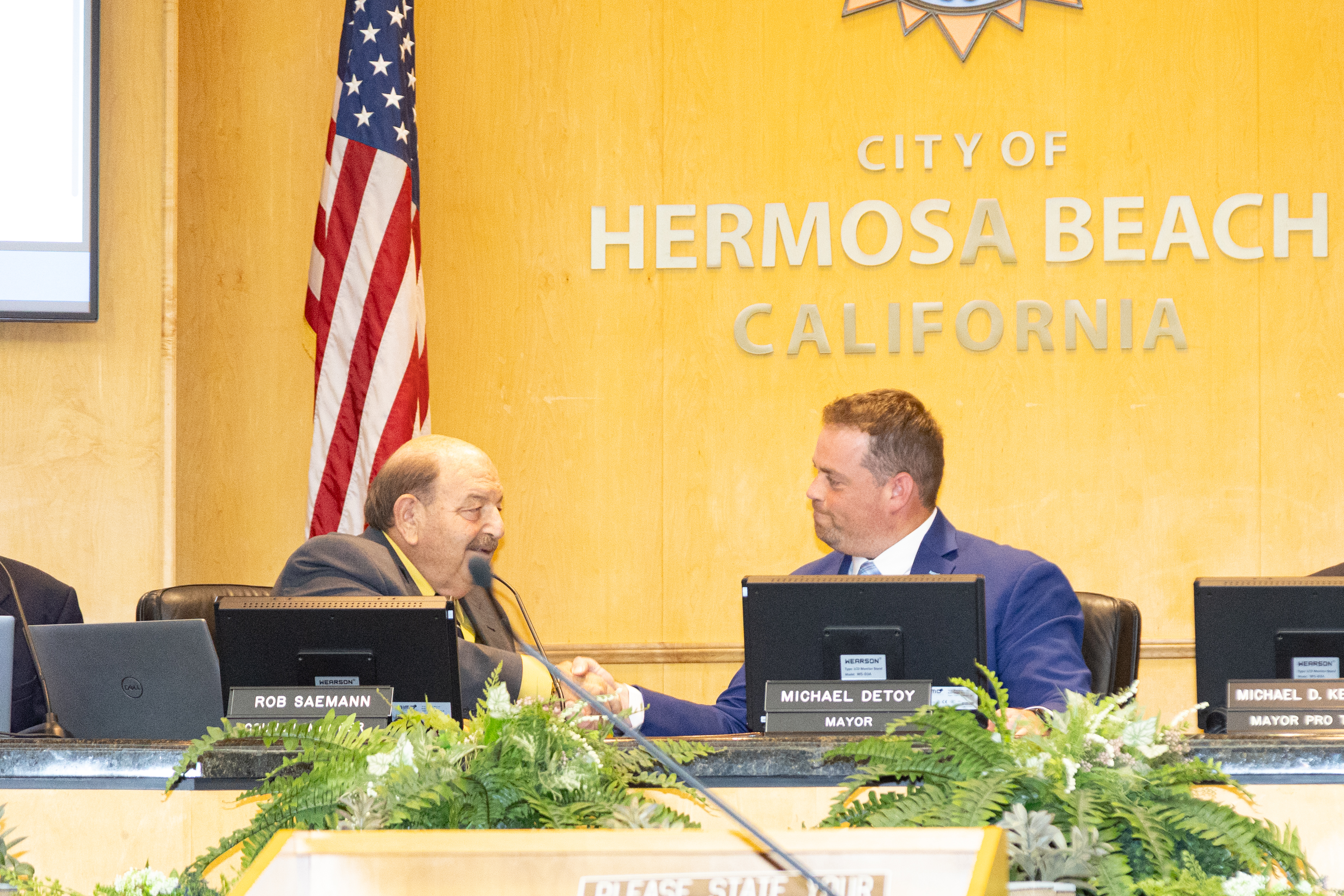
Just as our drip sand castles were washed away with the rising tide, these stories were also fleeting
by Brian Mackerer
I moved to Manhattan Beach in 1978 when I was four. We moved from an army base outside of Dallas, and before that, we moved from my birthplace, West Berlin. Our military past was stuck on us like medals. Our personalities were shaped by these experiences, but like the medals on a uniform, the outside observer would not know what had been done to warrant them. The long days at the beach or days playing on the walk street were a strange contrast to the military past we came from. A welcomed contrast.
My dad, John, graduated from West Point in 1967 and attained a rank of Captain before retiring and moving the family to Manhattan Beach. His class of 1967, a year behind the class featured in the famed book, “The Long Gray Line”, suffered more casualties than any other class in the war. My dad’s sophomore year roommate was killed in Vietnam. But, like stories of the war itself, memories of his roommate weren’t shared freely. It was only after prodding would we hear stories of either. Just as our drip castles were washed away with the rising tide during those long summer days on 8th street, these stories were also fleeting.
Having a military dad I had a keen interest in military history, in general, and Vietnam, in particular. Traveling to D.C. was always on my bucket list. Last year, I finally was able to take a work trip there. I built in a couple extra days in order to see the city and the history of our country.
My first day was filled up with meetings and I was unable to spend any time sightseeing. The next day was filled up with the Holocaust Museum, the WWII and Lincoln Memorials and the Capitol Buildings. I wanted to spend my last half day at the Vietnam Memorial to appreciate the sacrifice that the 58,000 men and women gave and soak in my dad’s tour and the loss of his roommate.
The memorial was designed by Yale undergraduate Maya Ying Lin. It is designed to give visitors a sense that the memorial has no start or beginning, similar to the war itself. As a result, I didn’t know where to look to find my dad’s roommate. His name was Don Dietz. But I soon found there is a massive book that offers details of each person who was killed and on which panel to find their name. I patiently waited in line to view the book. As I scrolled through, my pulse began to quicken, the result of a lifetime of admiring my dad and his dedication to his country, his soldiers and family. The pages slipped through my fingertips. Memories and the stories of West Point and Don, drifting through my mind. I finally found Don. Killed in action in a helicopter crash avoiding enemy fire. He was one of 12 Americans killed in that crash.
I scratched Don’s name onto the paper I brought, folded it up and walked to my hotel in silence.
Back home when I landed, I drove to my dad’s home and handed him the paper. He hadn’t been to the Wall and I wanted him to have something more permanent than the distant memory of laughter and tears shared in 1965.
Like the Bronze Star my dad earned for his combat valor, this was another medal that I would wear on my uniform. The complacency we have for our freedom and safety are the same complacencies we have for the South Bay: the great community, the beaches and schools. We take these things for granted. It takes a moment like a visit to the Vietnam Memorial to appreciate what we have and how lucky we are to experience it.







